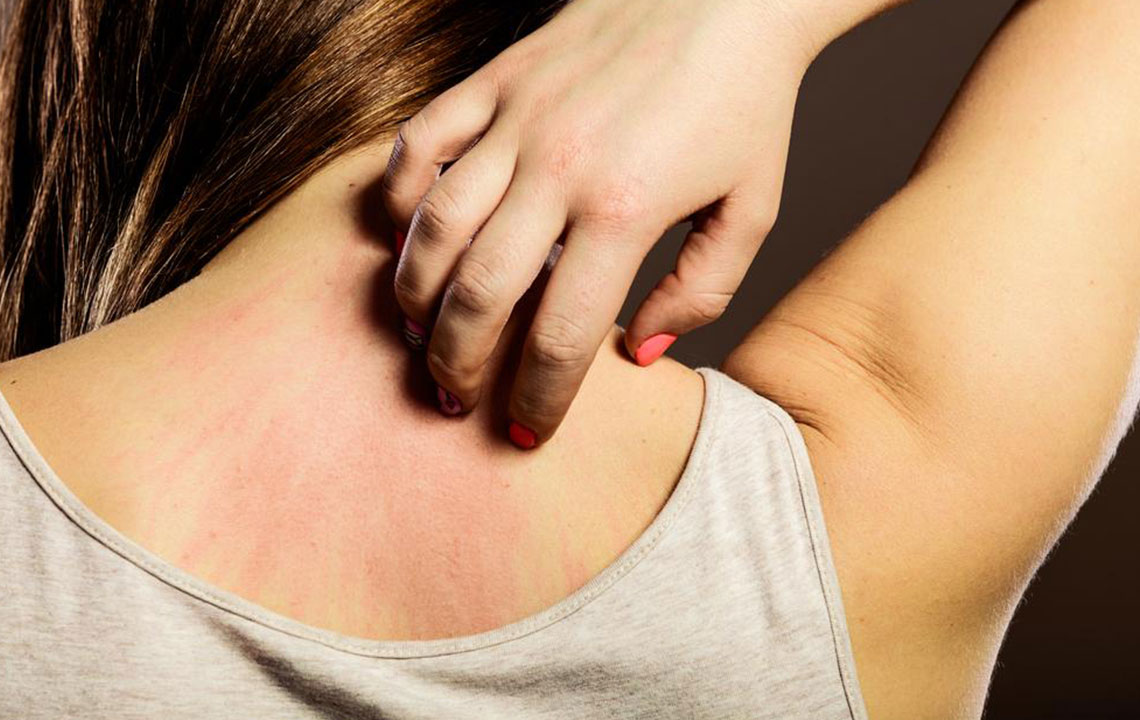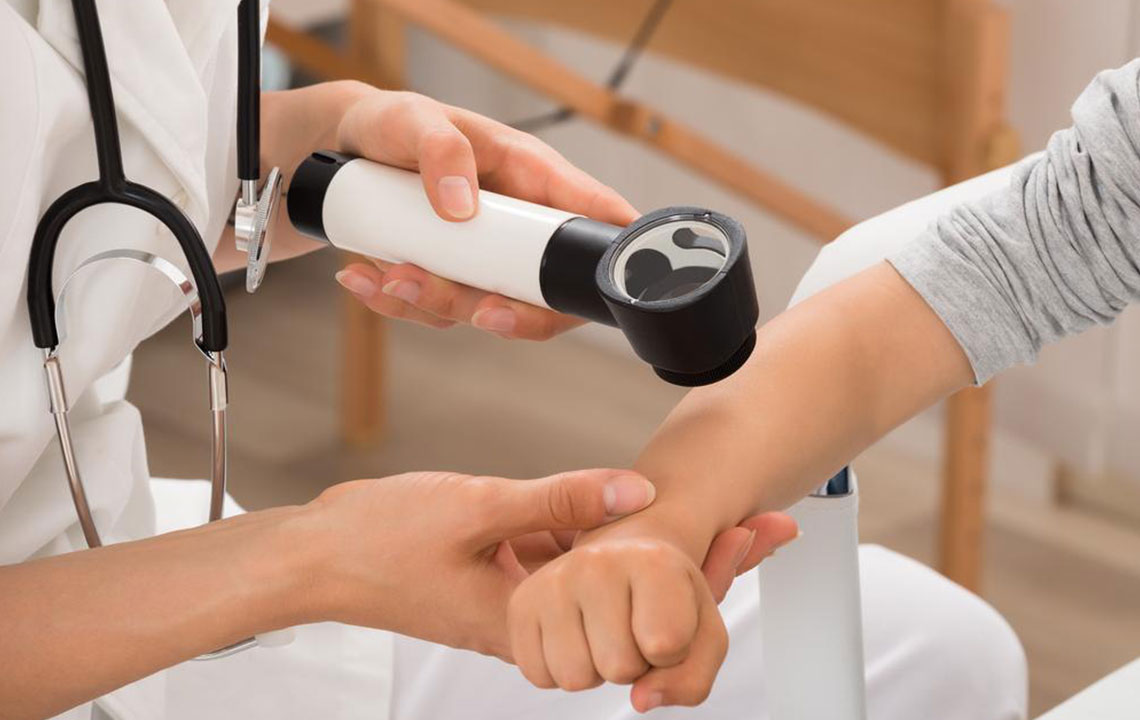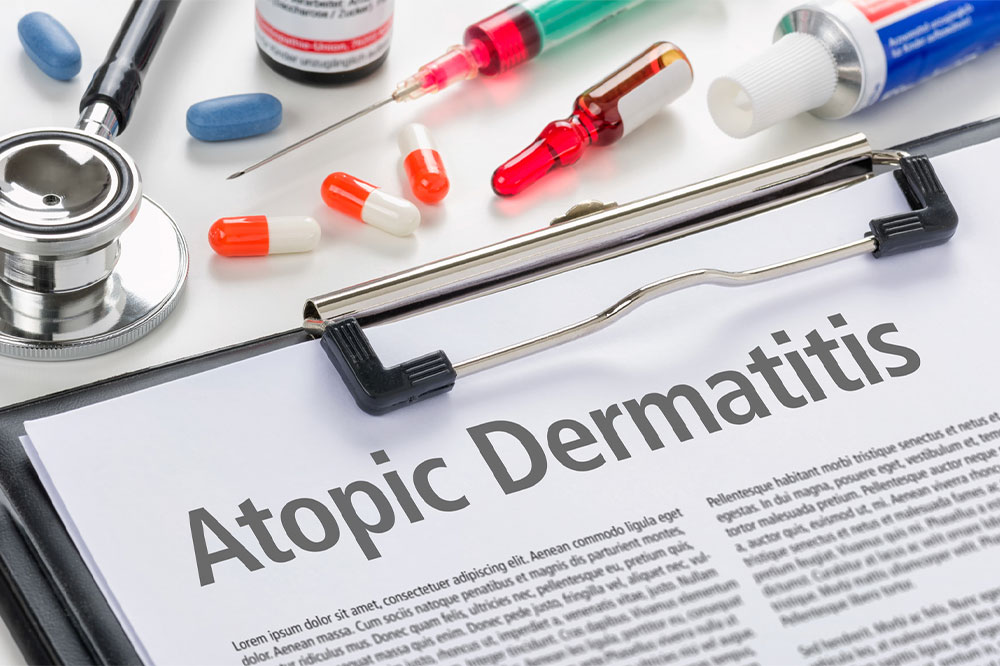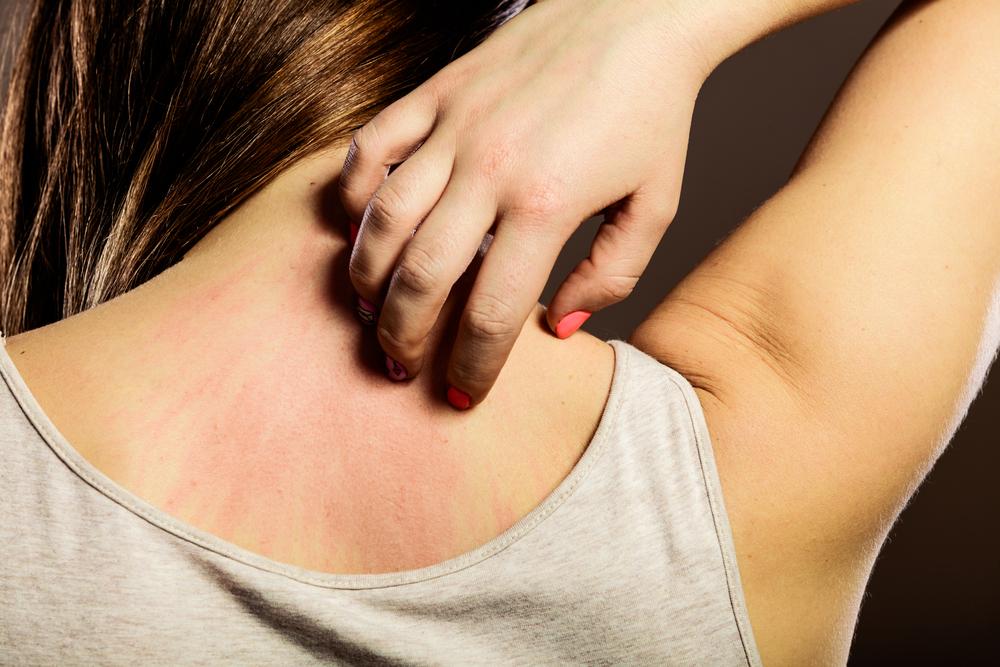Comprehensive Guide to Managing and Preventing Eczema Flare-Ups for Healthy Skin
Eczema management requires a multi-faceted approach, combining consistent skin care, lifestyle adjustments, and medical treatments. This comprehensive guide explores effective strategies for preventing flare-ups, soothing irritated skin, and promoting healing. Learn how gentle cleansers, moisturizers, stress management, and natural oils can significantly improve quality of life for eczema sufferers. Consulting with dermatologists ensures safe, targeted treatment, while adopting healthy habits minimizes triggers. With proper care and proactive measures, individuals can control eczema and enjoy healthier, more comfortable skin every day.

Comprehensive Guide to Managing and Preventing Eczema Flare-Ups for Healthy Skin
Eczema, also known as atopic dermatitis, is a chronic skin condition characterized by inflammation, itching, and irritation. While the precise causes of eczema are complex and not entirely understood, current scientific research indicates that a combination of genetic predispositions and environmental factors contribute to its development and flare-ups. Recognizing these triggers is crucial for effective management and relief of symptoms, enabling those affected to lead more comfortable and itch-free lives.
Understanding the known triggers of eczema is vital. Factors such as low humidity levels, exposure to allergens, irritants, and stress exacerbate flare-ups. Dry skin, a common consequence of environmental conditions and harsh skincare products, leads to cracking, itching, and redness. Over time, repeated irritation can cause dark patches and even oozing or crusting, especially during severe outbreaks. Managing these factors involves a holistic approach combining proper skincare routines, lifestyle modifications, and medical interventions to maintain skin health and reduce inflammation effectively.
So, what are the most effective strategies for controlling eczema flare-ups and promoting healthier skin? A combination of diligent skincare, lifestyle adjustments, and professional medical guidance forms the cornerstone of managing eczema. Preventative measures, along with targeted treatments during flare-ups, can make a significant difference in quality of life for those affected.
Establish Consistent Skin Care and Lifestyle Changes
Implementing a routine that emphasizes skin hydration and protection is essential. Daily practices such as moisturizing immediately after bathing, avoiding harsh soaps, and dressing appropriately according to weather conditions can help reduce irritation. Lifestyle modifications, including stress management, maintaining a balanced diet, and avoiding known triggers, contribute substantially to minimizing flare-ups.
Use Gentle Cleansers and Moisturizing Products
Choosing mild, fragrance-free cleansers is fundamental to avoiding further skin dryness and irritation. After bathing, apply a thick, emollient moisturizer or medicated ointment to seal in moisture. This creates a protective barrier on the skin, preventing irritants from penetrating and reducing the severity and frequency of flare-ups. Regular moisturizing is particularly important in dry, cold seasons when skin tends to be more vulnerable.
Incorporate Therapeutic Baths and Proper Hygiene
For more severe cases, specially diluted bleach baths can help decrease bacterial load on the skin and prevent secondary infections that complicate eczema. Short, lukewarm showers or baths are preferable to hot, prolonged water exposure, as hot water strips away natural oils and increases dryness. Adding colloidal oatmeal or bath oils can soothe itching and reduce inflammation.
Effective Stress Management Techniques
Since emotional stress can trigger or exacerbate eczema flare-ups, engaging in relaxation exercises such as yoga, meditation, or deep breathing helps calm the nervous system and reduce skin inflammation. Leisure activities like listening to calming music, spending time with loved ones, or pursuing hobbies also play a vital role in stress reduction, ultimately protecting your skin from unnecessary aggravation.
Seek Professional Dermatological Advice
If eczema symptoms persist despite home remedies and lifestyle changes, consulting a dermatologist is imperative. Medical professionals can prescribe topical corticosteroids, antihistamines, or other targeted treatments to reduce inflammation and manage severe outbreaks. Following prescribed treatment plans accurately ensures safety and maximizes effectiveness, preventing complications.
Adopt Home Remedies and Natural Solutions
Natural oils such as jojoba and coconut oil have been used successfully to soothe eczema-prone skin. Jojoba oil, which mimics the skin’s natural sebum, penetrates deeply to promote healing without causing irritation. Coconut oil restores skin moisture and offers antibacterial properties, helping to protect against infections. Applying these oils regularly can complement medical treatments and provide relief from itchiness and irritation.
Avoid Irritants and Practice Gentle Skincare Habits
Wearing loose, breathable clothing made from natural fibers and avoiding tight or rough fabrics can prevent skin trauma. It’s equally important to avoid scratching or rubbing affected areas, which can worsen inflammation and cause skin breakdown. Covering rashes with soft bandages or wearing protective gloves during bedtime can prevent accidental scratching and foster healing.
Recognizing that eczema manifests in various forms—such as atopic dermatitis, contact dermatitis, dyshidrotic eczema, hand eczema, neurodermatitis, nummular eczema, or stasis dermatitis—is crucial for tailoring management plans. Whether through medical treatments, home remedies, or lifestyle modifications, a comprehensive and individualized approach can lead to quicker relief and healthier, itch-free skin.





